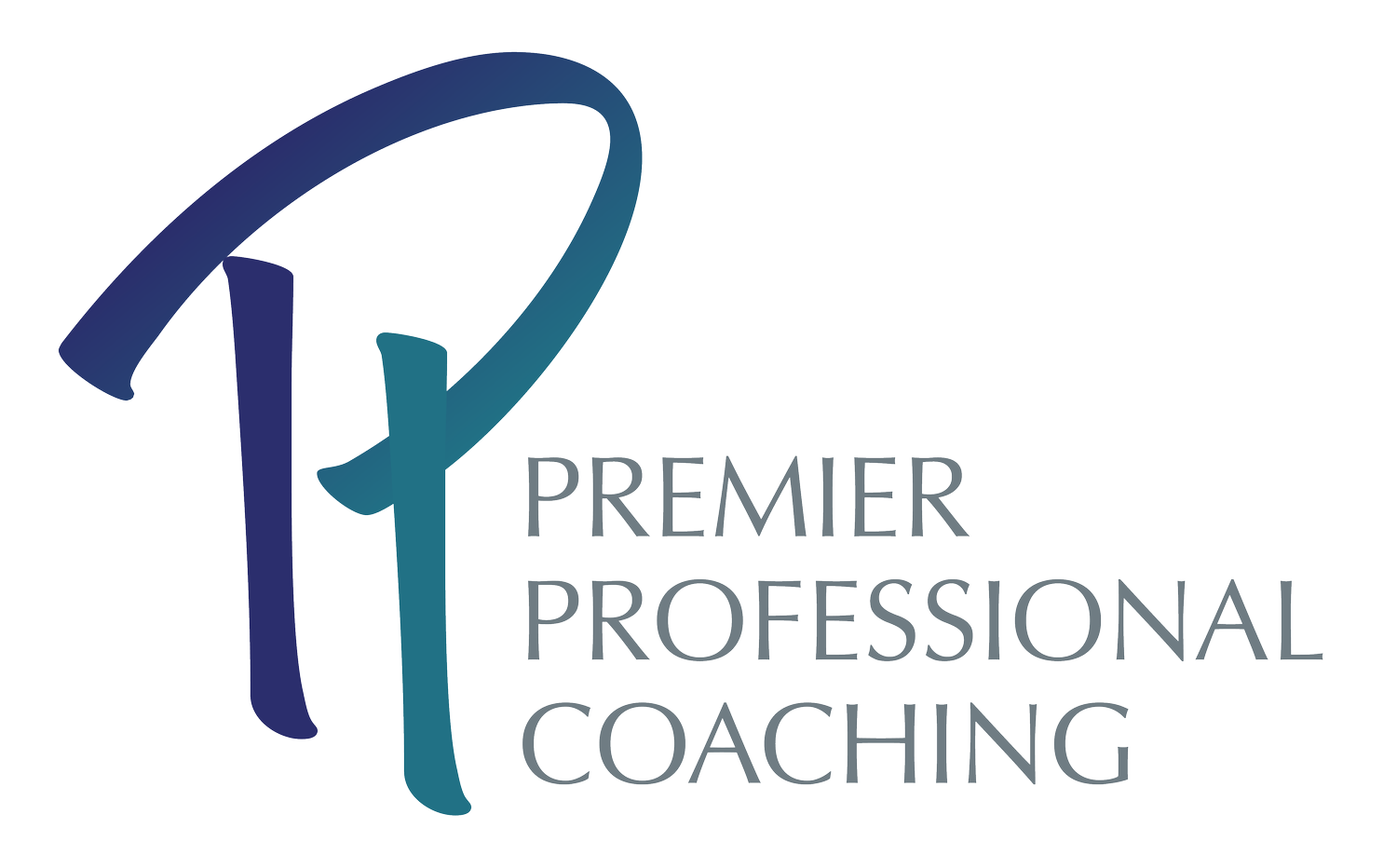Leadership Book Review Blog: The Coaching Habit
The Coaching Habit: Say Less, Ask More & Change the Way You Lead Forever
Author: Michael Bungay Stanier
The War for Talent isn’t quite over, and with the gig economy booming, employees have more options than ever before to find fulfilling work. Ninety percent of the organizations I speak to, or work with are focused on employee retention this year. Suppose you are unwilling to take a good, hard look at how you are leading and make the necessary changes. In that case, you will continue to spiral around the employee lifecycle, watching employees exit just as fast as they are onboarded.
When leaders seek coaching to improve their effectiveness, they never ask to work on their coaching skills. The request usually sounds more like, “I need to learn how to delegate, manage my time better, or how to develop my team.” After thorough questioning and some root cause analysis, we spend quite a bit of time developing coaching skills. Why? Because leadership in the 21st century requires managers to be more coach-like in their approach.
If you spend any time with the research from the Gallup Organization, you’ll see that today’s workforce doesn’t want a boss who tells them when and how to do their job. They want a leader who gives them the expected outcome and coaches them to meet or exceed expectations through ongoing conversations about their performance and empowering them to make the decisions necessary to execute a successful plan.
How do you know if you should develop a coaching habit? It might sound like this:
“I can’t get to my work because I have a line of employees outside my door all day waiting to ask me questions.”
“Whenever I delegate work to my team, I always give them a step-by-step guideline of how the work needs to be done.”
“I don’t trust that I can take time off and things will get done how I want them to.”
“My team refers to me as the “fixer” because I know how to solve every problem.”
Michael Bungay Stanier has two quick, easy reads that will help any manager become more coach-like in their approach. Our July 2023 Leadership Book Review Blog post featured the first book, The Advice Trap.
This month, we are discussing his other book, The Coaching Habit. This book is 220 pages of a “how to” guide for developing a more coach-like approach and changing how you lead. He shares his seven-question coaching framework and includes an 8 part Question Masterclass in between each chapter where he gives you exercises to build the habit of asking more questions. His work in the masterclasses reminds me of the principles discussed in James Clear’s Atomic Habits.
Spoiler Alert! Michael includes my favorite coaching question of all time. Ask any professional coach, and they will tell you the most powerful coaching question you can ask is, “And what else?” So often, we respond to someone’s first thought, which isn’t the real problem that must be addressed. Similar to The 5 Why’s of root cause analysis, asking “and what else” a few times can help get you to the heart of the matter. When your employee is in problem-solving mode, and they give you a solution, ask them, “And what else could you do?” You’ll start to see their creativity come alive!
When you develop a coaching habit with your team, you will see them solve problems and find solutions more independently, helping them feel more engaged and empowered. And for you? A more involved and empowered team will stick around longer, they will perform and produce at a higher level, and you won’t have to spend all of your time with the recruiting team trying to fill open positions. The line at your door gets shorter. You can take time off without worrying about what the team will do while you are out. You are viewed as a leader and not just a “doer.”
It’s worth mentioning here that coaching is often used as a catch-all term, but it does require a very distinct skillset that requires some practice. You can read more about the difference between coaching, consulting, advising, teaching, and mentoring in our previous article: A Client’s Guide to Coaching, Consulting, and Everything Inbetween.
One way to understand how to be more coach-like is to work with a professional coach. Premier Professional Coaching is currently accepting new clients interested in leveling up as a leader and leaving the “doer” title behind. Reach out to learn more!
